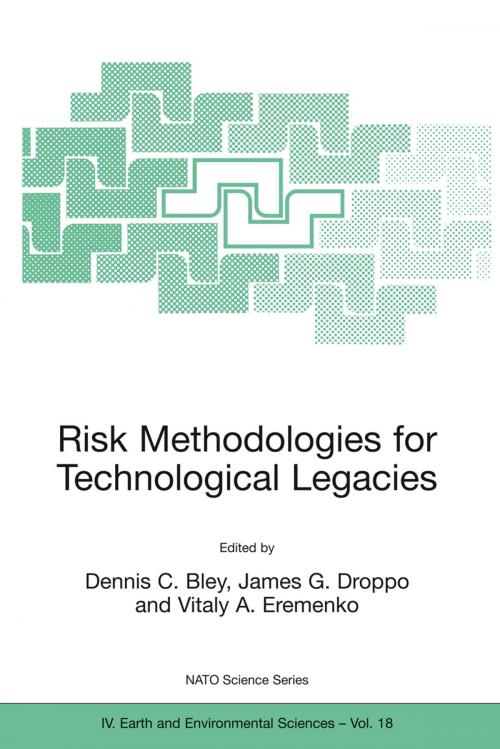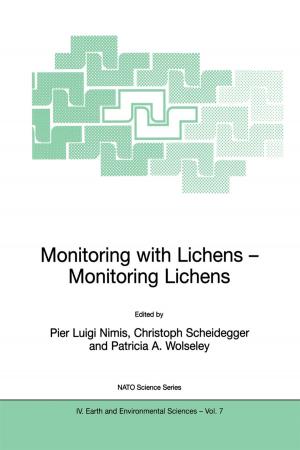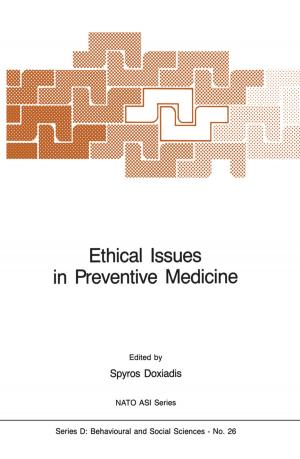Risk Methodologies for Technological Legacies
Nonfiction, Science & Nature, Technology, Quality Control, Environmental, Nature| Author: | James G. Droppo | ISBN: | 9789401000970 |
| Publisher: | Springer Netherlands | Publication: | December 6, 2012 |
| Imprint: | Springer | Language: | English |
| Author: | James G. Droppo |
| ISBN: | 9789401000970 |
| Publisher: | Springer Netherlands |
| Publication: | December 6, 2012 |
| Imprint: | Springer |
| Language: | English |
The Cold War Era left the major participants, the United States and the former Soviet Union (FSU), with large legacies in terms of both contamination and potential accidents. Facility contamination and environmental degradation, as well as the accident vulnerable facilities and equipment, are a result of weapons development, testing, and production. Although the countries face similar issues from similar activities, important differences in waste management practices make the potential environmental and health risks of more immediate concern in the FSU and Eastern Europe. In the West, most nuclear and chemical waste is stored in known contained locations, while in the East, much of the equivalent material is unconfined, contaminating the environment. In the past decade, the U.S. started to address and remediate these Cold War legacies. Costs have been very high, and the projected cost estimates for total cleanup are still increasing. Currently in Russia, the resources for starting such major activities continue to be unavailable.
The Cold War Era left the major participants, the United States and the former Soviet Union (FSU), with large legacies in terms of both contamination and potential accidents. Facility contamination and environmental degradation, as well as the accident vulnerable facilities and equipment, are a result of weapons development, testing, and production. Although the countries face similar issues from similar activities, important differences in waste management practices make the potential environmental and health risks of more immediate concern in the FSU and Eastern Europe. In the West, most nuclear and chemical waste is stored in known contained locations, while in the East, much of the equivalent material is unconfined, contaminating the environment. In the past decade, the U.S. started to address and remediate these Cold War legacies. Costs have been very high, and the projected cost estimates for total cleanup are still increasing. Currently in Russia, the resources for starting such major activities continue to be unavailable.















